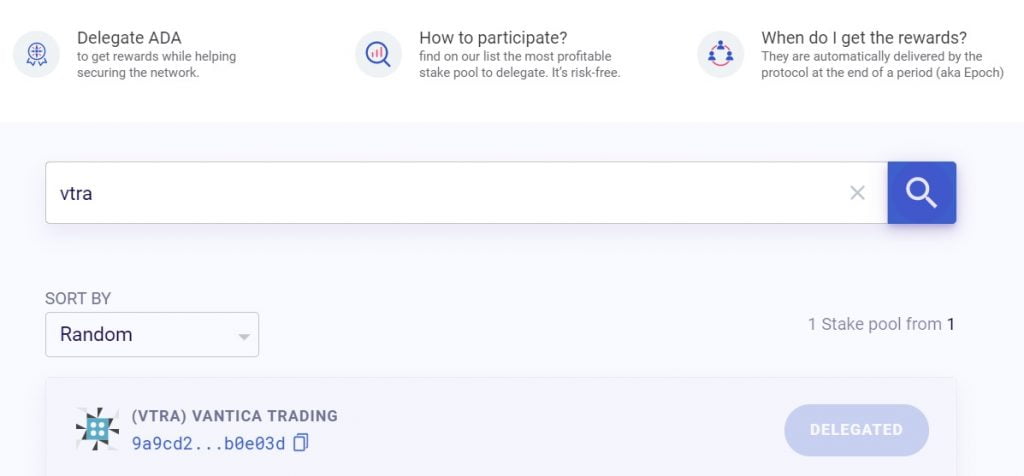How to delegate on Stake pools? Block validation implies that transactions are bundled using a process or algorithm and attached to the blockchain. One of those algorithms is called Proof of Stake, and it permits stake delegation using dedicated nodes named Stake Pools.
Proof of Work (PoW)
The most popular consensus algorithm is Proof of Work (PoW). Bitcoin uses it, and some of the coins developed using its codebase: Litecoin, Bitcoin Cash, Bitcoin SV, Monero, etc.
The blockchain is a public and distributed ledger containing all the transactions packed inside blocks. You can spend your coins only once. The system can only add verified blocks to the blockchain. Since the ledger is public, the network and all its participants will reject any attempt to tamper with the blockchain.
Hashing block data performs tamper detection. Hash functions are very easy to perform but are hard to reverse. The possibility of reconstructing the data from its hash is negligible. If someone alters the blockchain, a cascade effect will occur since any block’s hash depends on the previous block’s hash. Performing a hash is very easy. This is why the network uses the concept of difficulty. The miner performing the hash must achieve some challenge, for example, performing a set of hashes with some condition. PoW consumes lots of energy and CPU power, considering the aggregated work of all miners. Developers tune the challenge so the system mines a block every 10 minutes. In the same action of validating transactions, the blockchain rewards the miner with some new-minted coins. The rewards assigned to miners halve every few years. Everybody calls this process Halving.
Proof of Stake (PoS)
PoS is an alternative and probably a better way to validate transactions. Instead of miners, PoS uses validators. Cardano uses a Pos algorithm called Ouroboros. These nodes, named stake pools, are responsible for validating and creating new blocks. Each network participant can stake his coins in the stake pool. Proportionally to each node stake, there’s a probability of being selected as a block validator. A lottery occurs daily, and the stake pools responsible for validating the transactions are selected. Stake pool selection must be truly random for the algorithm to be secure. Ouroboros implements a multipart coin-flipping protocol. If the stake pool validates the block, it receives a reward distributed proportionally between all the people who contributed to the node stake. Each stake pool can keep a percentage of the rewards to cover the costs of running the node.
What is delegation?
Each holder of coins can delegate some amount to any stake pool. Delegation does not mean the transfer of funds. The coins remain locked inside the node until the owner delegates to another stake pool. Users can delegate their stakes using their wallets. For example, the Yoroi wallet:


Currently, devs test Ouroboros in the Cardano blockchain. They provide a calculator to estimate the rewards according to the amount staked. The people behind Ethereum are working to hard fork their blockchain and use the PoS protocol.
- More about Ethereum Migrating to Proof-of-Stake.
- More about stake pools and the Cardano delegation process.
